It's no secret that there's a lot of surveillance going on these days. It's easier than ever to end up in a database, and even former government agents are speaking out about the atrocious amount of spying being done against our own citizens. They've targeted our laptops, cars, IP addresses, and now they're coming for our iPhones.
AntiSec hackers managed to get their hands on a list of over 12 million Apple UDIDs (Universal Device IDs) from an FBI computer, and they published 1,000,001 of them. There were no clues as to what, exactly, the FBI is doing with a giant list of Apple device numbers for private citizens, but I think we can all agree that we don't want to be on that list.
The hackers cleared personal information like names and phone numbers before they published the list, but security expert Aldo Cortesi told TechCrunch that the damage could be anything from "de-anonymization, to takeover of the user's gaming social network account, to the ability to completely take over the user's Facebook and Twitter accounts."
So what can you do about it? Not a whole lot, but you can find out if you're on the list that was published (and lock down your device, pronto).
Finding Your Apple Device's UDID
If you don't know the UDID on your device, you can find it in a few quick steps. First, connect it to your computer and open iTunes. Once it's recognized, select it under Devices and you should see a screen that looks like this:

From here, all you have to do is click on the serial number and your UDID will be revealed.

Checking the List
You can enter your UDID and check it against the list using this online tool, or if you don't trust it, just download the complete list from the original post by Anonymous on Pastebin. The only downside to using the online tool is that you have to input all 40 characters of your UDID, and you may not want to give it to anyone, especially if you're not on the list anyway. This particular checker was written by a hacker/security consultant, so it should be pretty safe, but if you're concerned about the security of the tool itself, it's probably best to just download the list and use your "find" function in your app of choice.
But if you're really lazy about and are worried about putting your full UDID out there on the web, TNW has a good checker also, where you don't have to input the full UDID, just a good majority of it to narrow yours down on the list.
If you find yourself on the list and want to know what all the government knows about you, you can get your FBI file by writing to the right people. And while you're at it, learn how to find out if your car is being tracked and trick software recognition software they may be using.
Has anyone found their UDID on the list? Are you surprised?
UPDATE: The FBI has issued a statement denying the leak:
"The FBI is aware of published reports alleging that an FBI laptop was compromised and private data regarding Apple UDIDs was exposed. At this time there is no evidence indicating that an FBI laptop was compromised or that the FBI either sought or obtained this data."
Images by Sam Vermette, NASA Goddard Photo and Video, Kristen Flowers, Techi







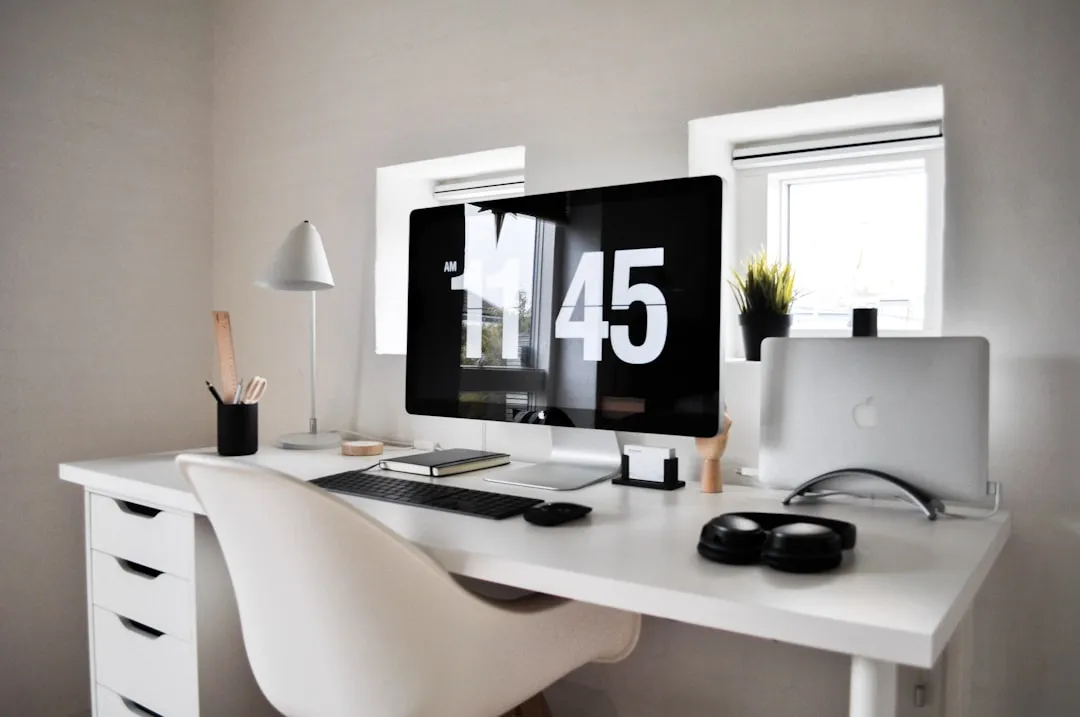
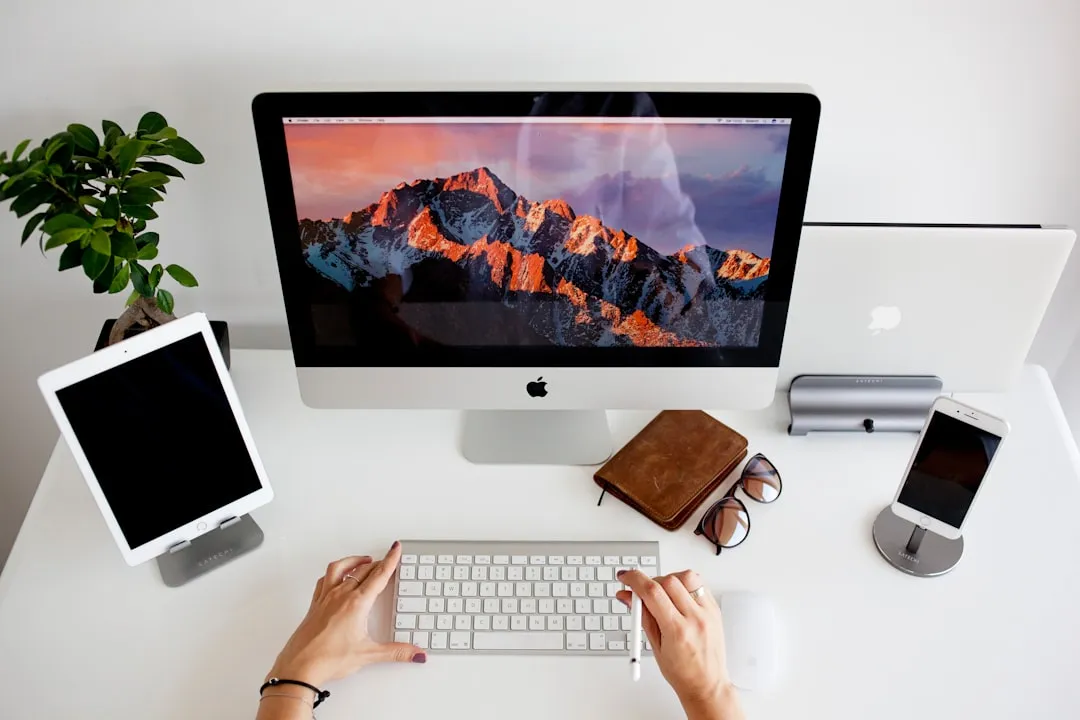
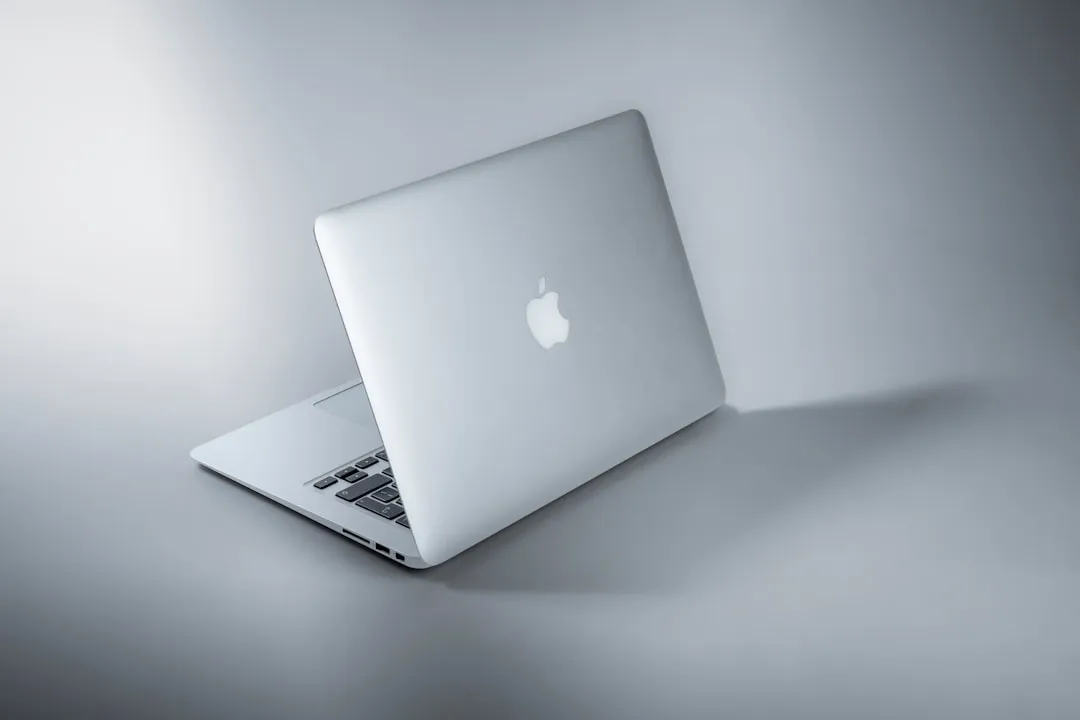


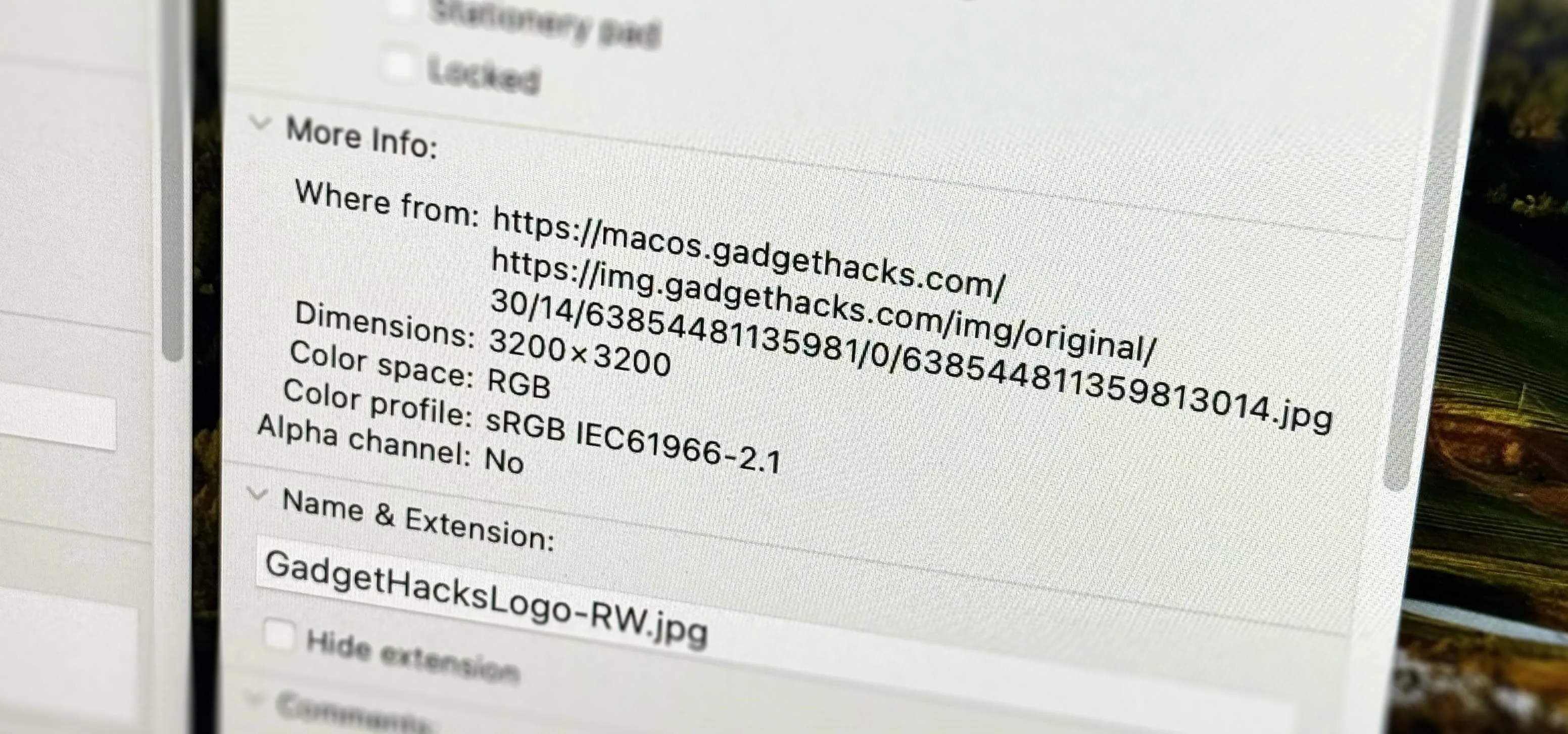
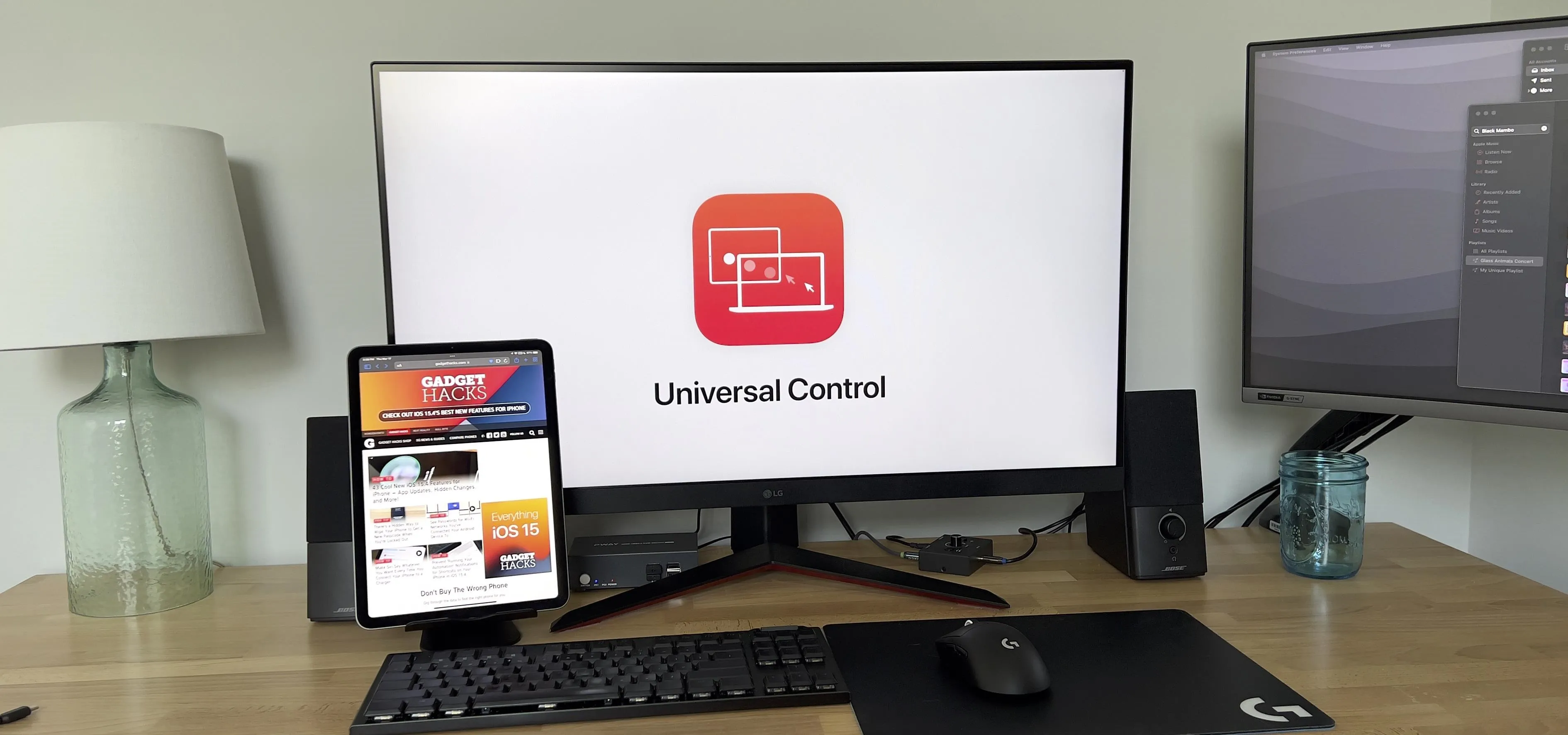
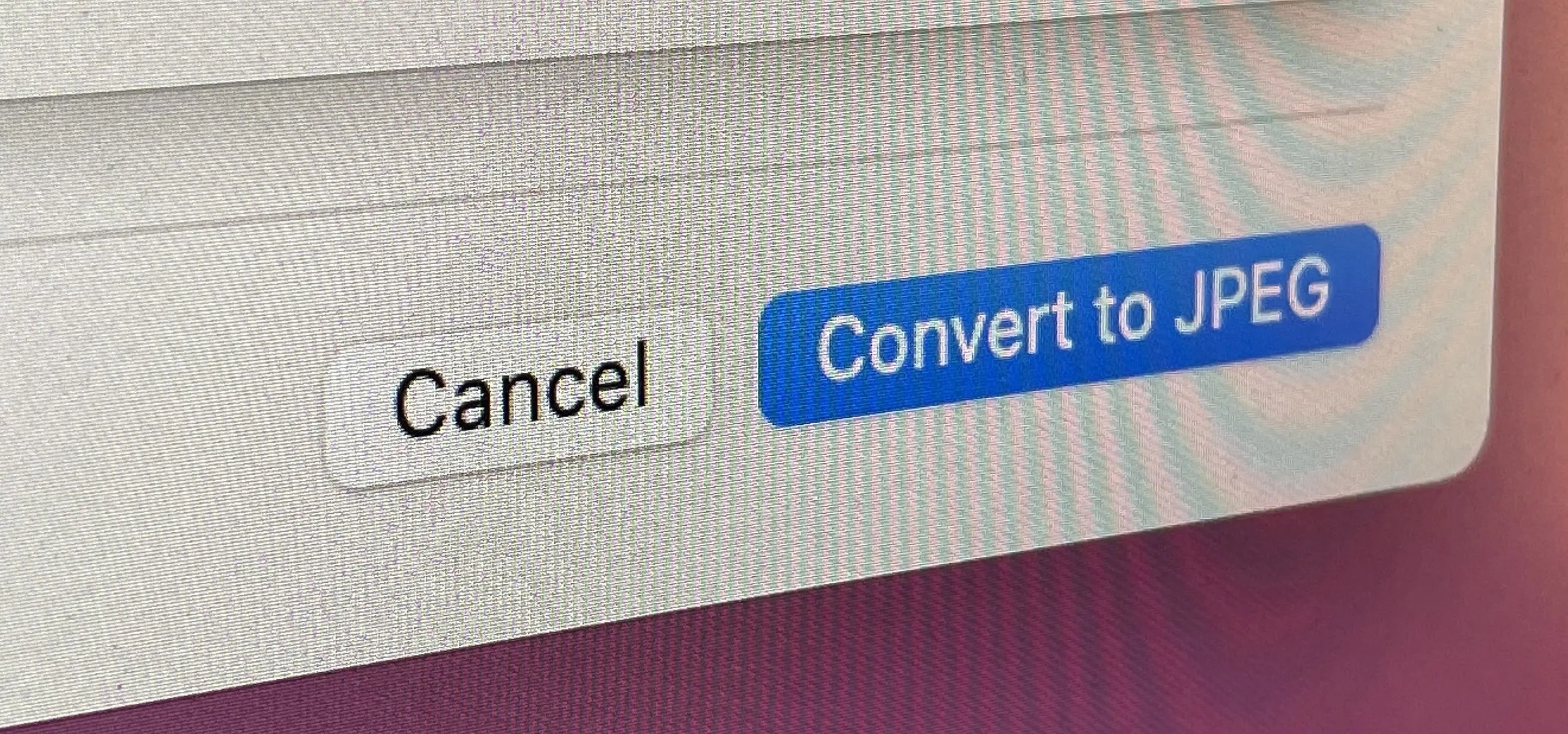
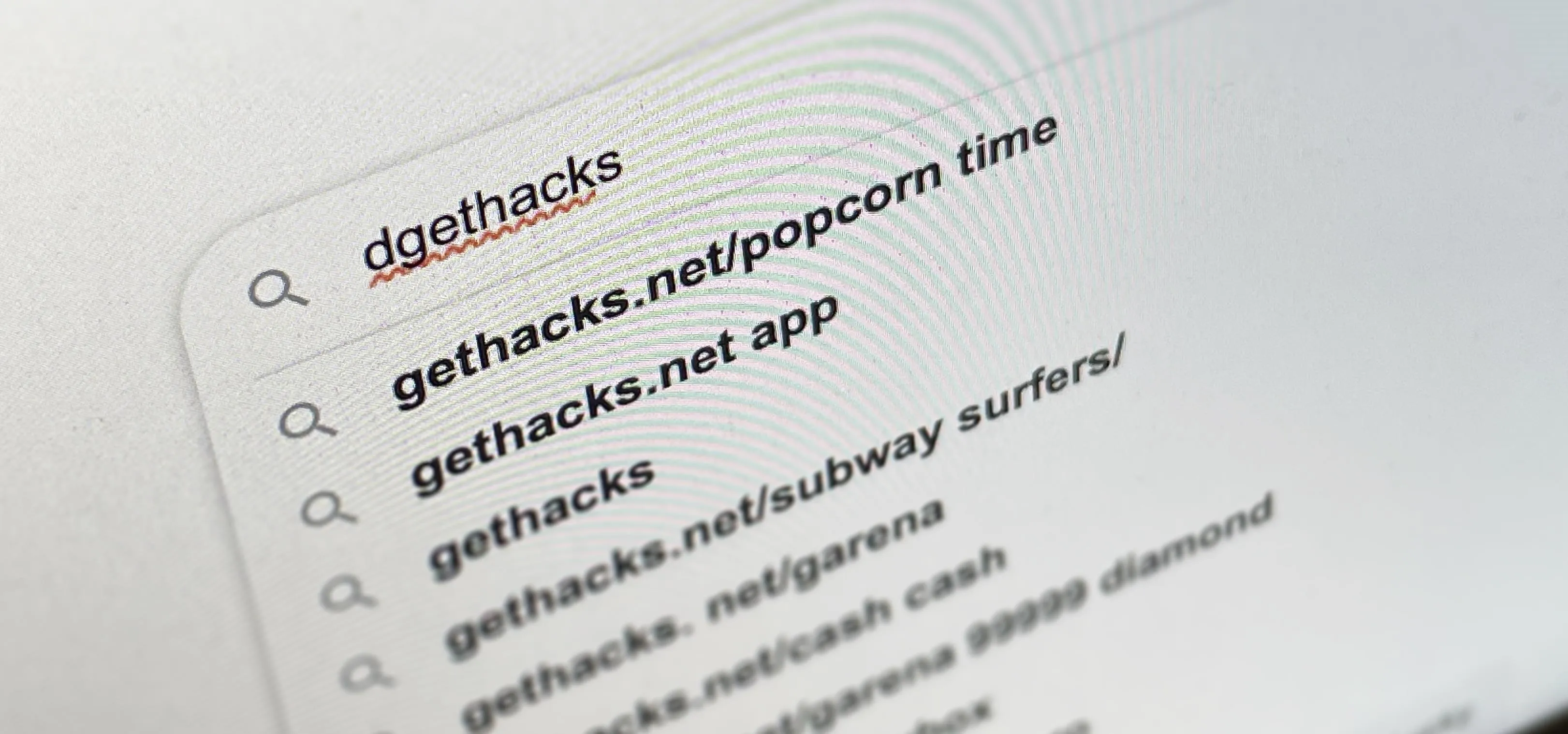
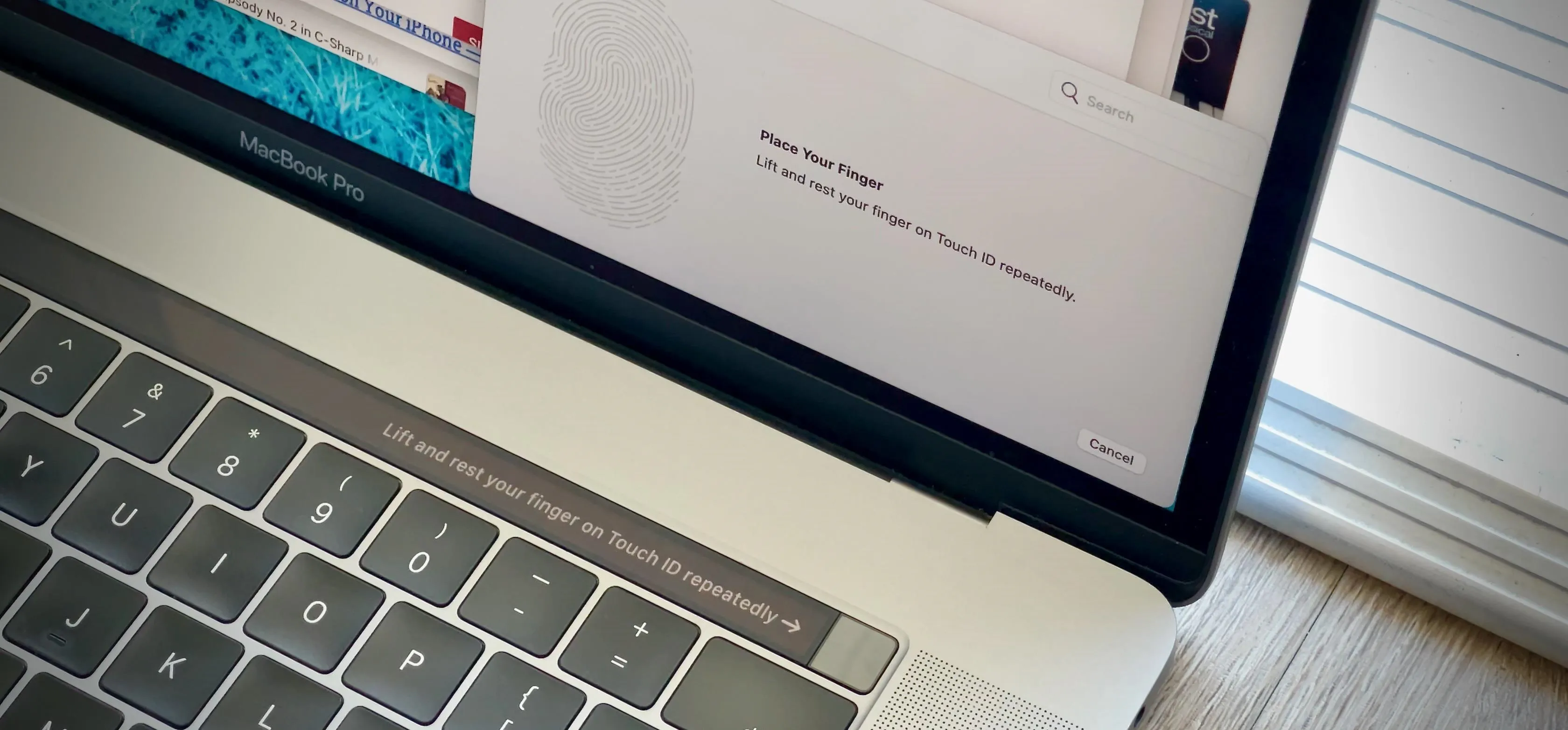
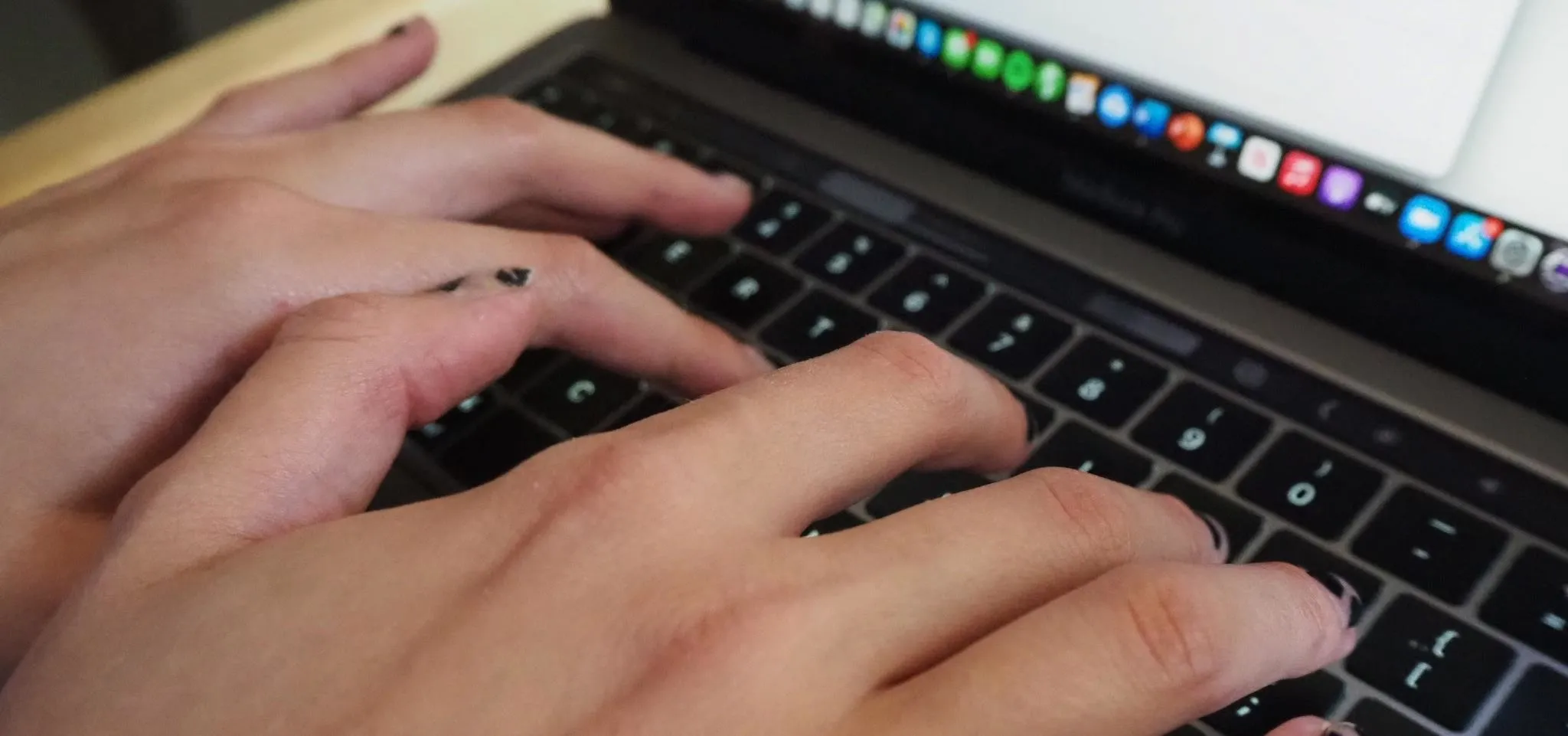
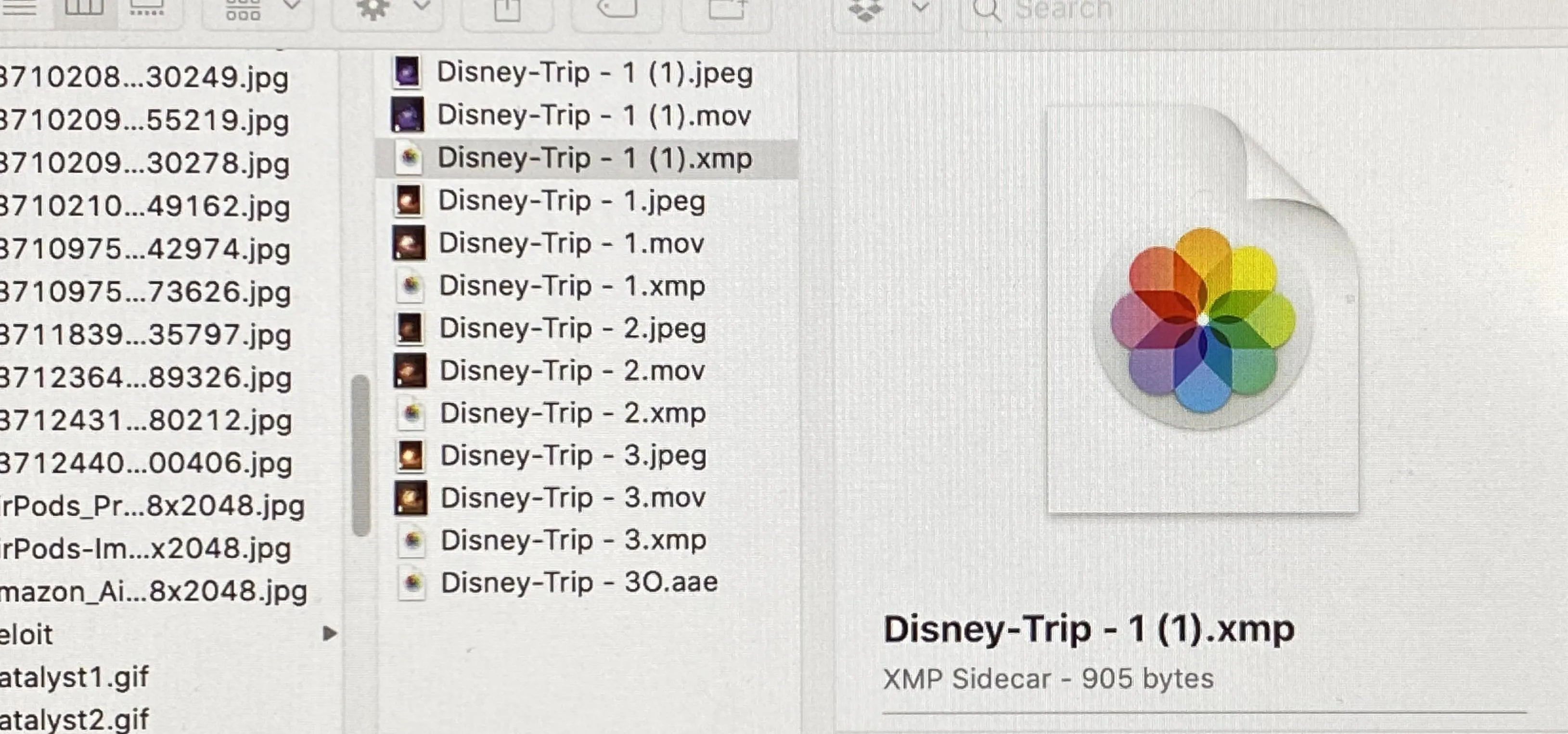
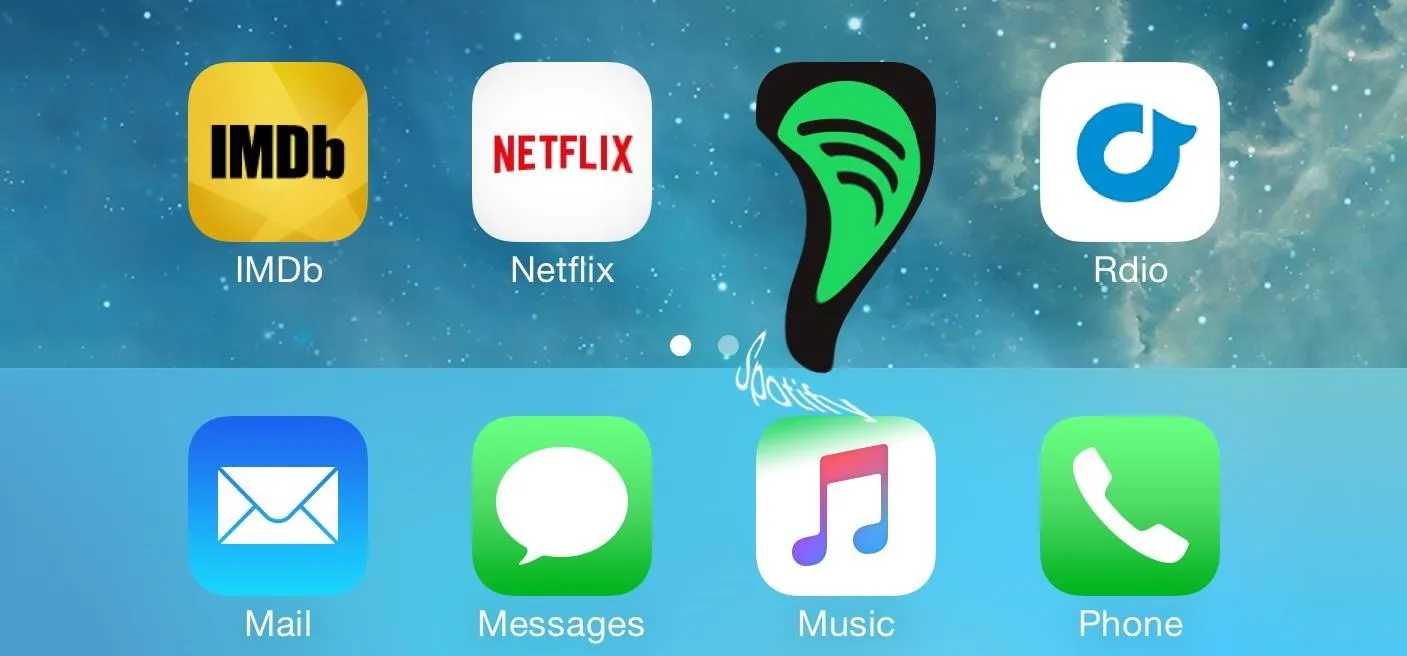

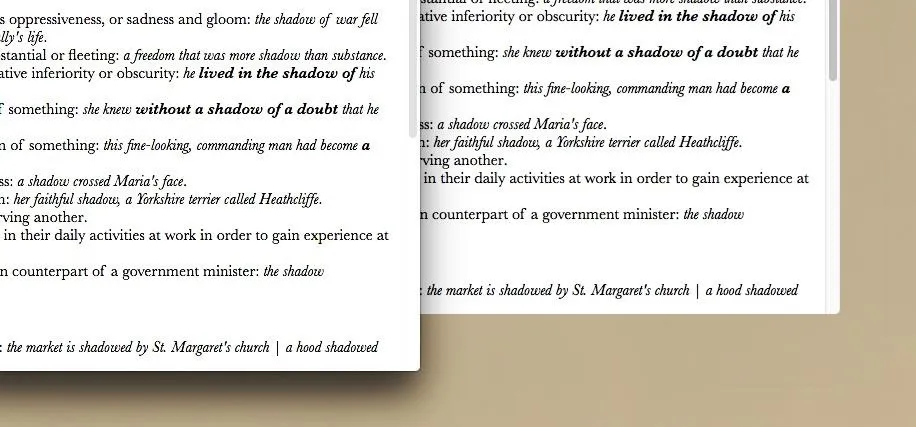
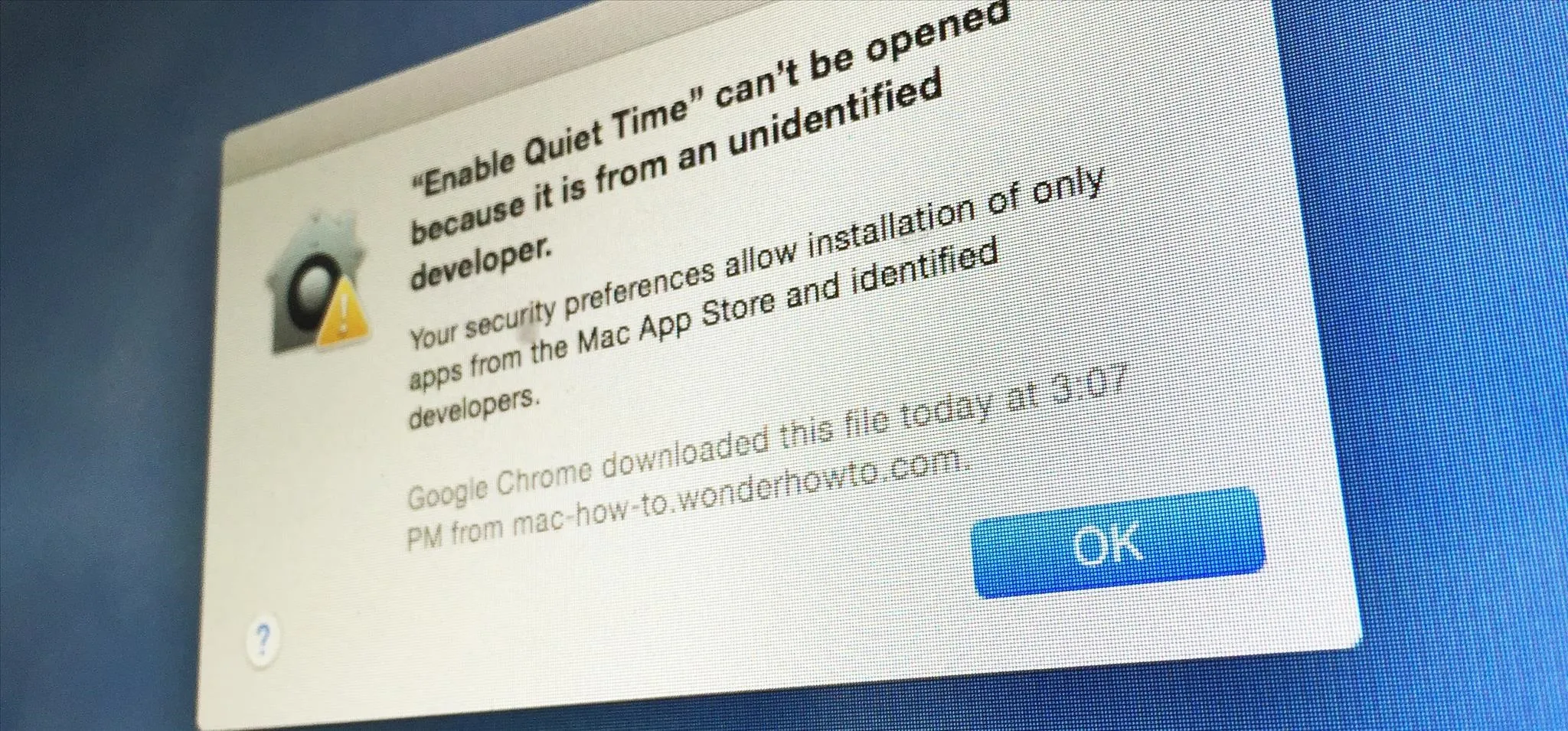
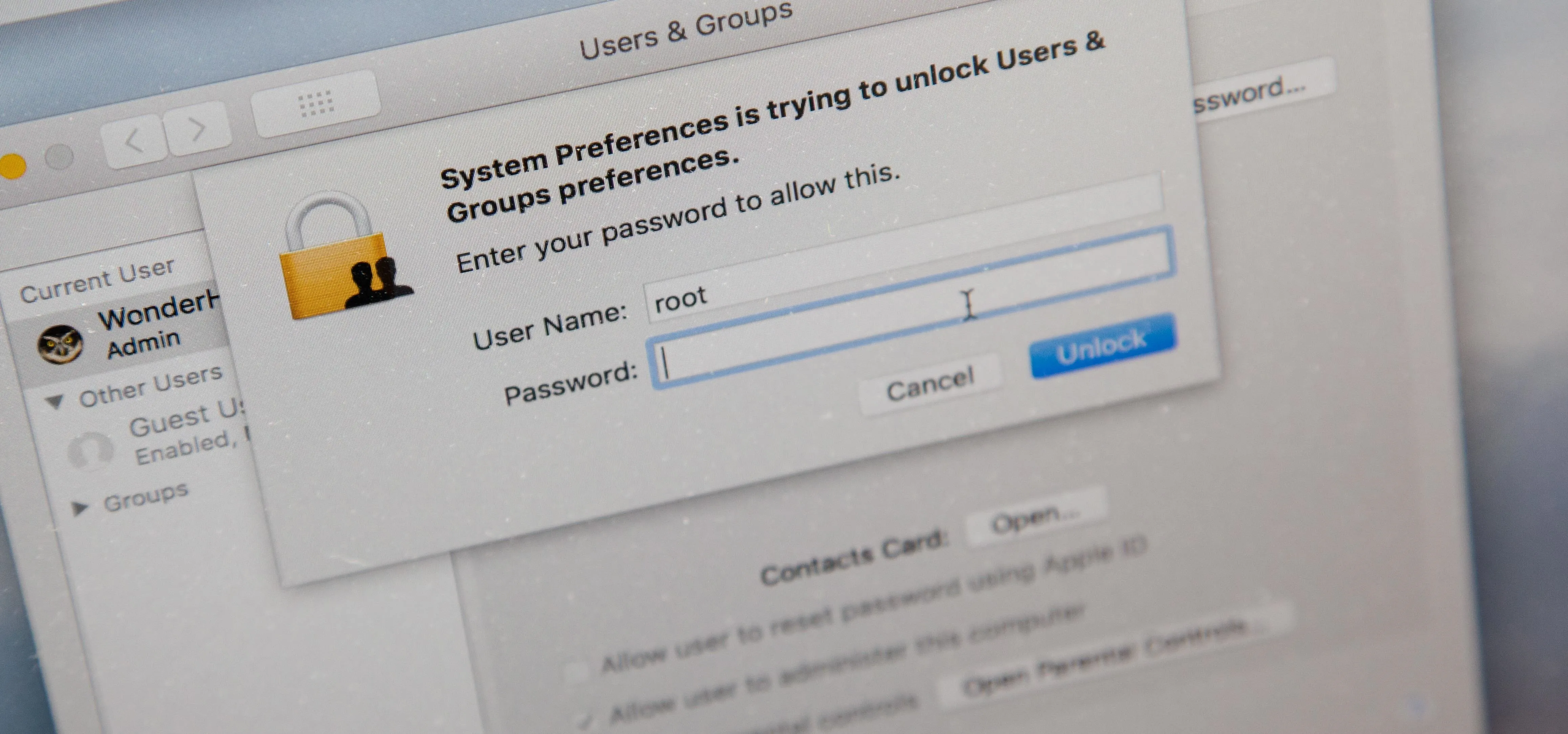
Comments
Be the first, drop a comment!